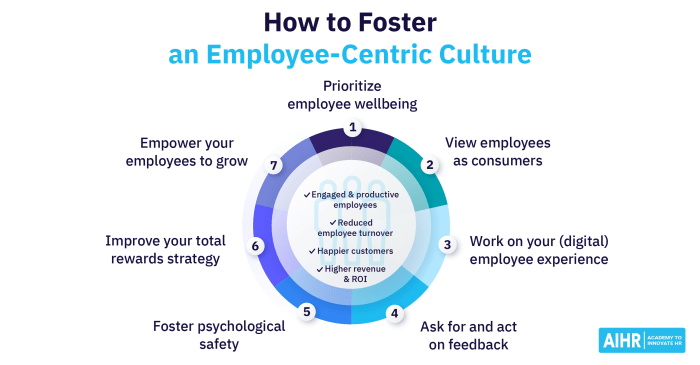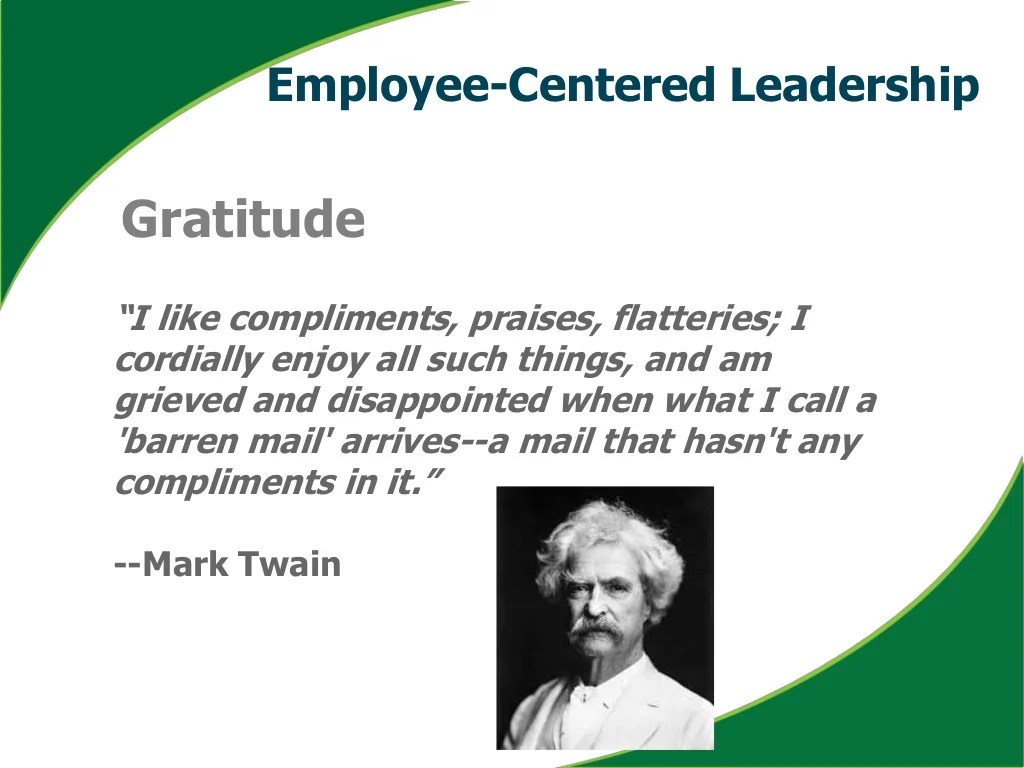Employee-centered leadership behaviors are likely to follower motivation. – As employee-centered leadership behaviors take center stage, this opening passage beckons readers into a world crafted with authoritative knowledge, ensuring a reading experience that is both absorbing and distinctly original. Employee-centered leadership behaviors, characterized by a focus on employee well-being and empowerment, have emerged as a transformative force in the modern workplace, unlocking unprecedented levels of follower motivation.
This comprehensive exploration delves into the multifaceted nature of employee-centered leadership, examining its positive impact on employee morale, engagement, and overall organizational performance. By providing practical insights and actionable strategies, this discourse empowers leaders to foster a workplace culture where employees thrive and excel.
Employee-Centered Leadership Behaviors and Their Impact on Employee Motivation

Employee-centered leadership behaviors prioritize the well-being, growth, and motivation of employees. These behaviors create a work environment that fosters job satisfaction, engagement, and a sense of purpose.
Definition of Employee-Centered Leadership Behaviors, Employee-centered leadership behaviors are likely to follower motivation.
Employee-centered leadership behaviors focus on empowering and supporting employees by:
- Valuing and respecting employees’ perspectives and ideas
- Providing opportunities for growth and development
- Creating a positive and inclusive work environment
- Communicating openly and transparently
- Recognizing and rewarding employee achievements
Leaders who exhibit employee-centered behaviors demonstrate empathy, trust, and a genuine desire to see their employees succeed.
Benefits of Employee-Centered Leadership
Employee-centered leadership has numerous benefits for employee motivation:
- Increased job satisfaction and engagement
- Enhanced motivation and productivity
- Reduced employee turnover
- Improved teamwork and collaboration
- Positive work environment and culture
By empowering and valuing employees, employee-centered leadership fosters a sense of belonging and purpose, which in turn leads to increased motivation and organizational success.
Detailed FAQs: Employee-centered Leadership Behaviors Are Likely To Follower Motivation.
What are the key characteristics of employee-centered leaders?
Employee-centered leaders prioritize employee well-being, actively listen to their concerns, and empower them with decision-making authority.
How does employee-centered leadership contribute to increased job satisfaction?
By fostering a respectful and supportive work environment, employee-centered leadership enhances employee autonomy, recognition, and sense of purpose, leading to higher levels of job satisfaction.
What are the challenges of implementing employee-centered leadership?
Implementing employee-centered leadership requires a significant shift in mindset and organizational culture, which can be challenging to navigate amidst competing priorities and resistance to change.

